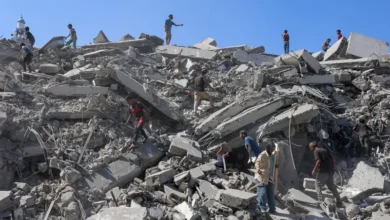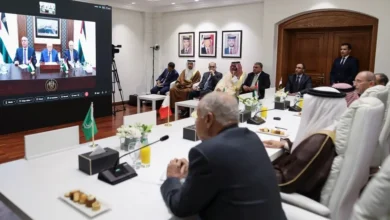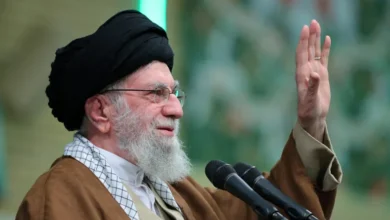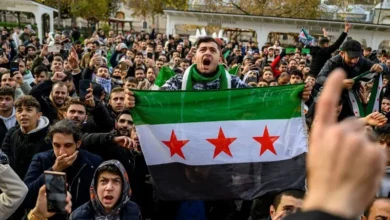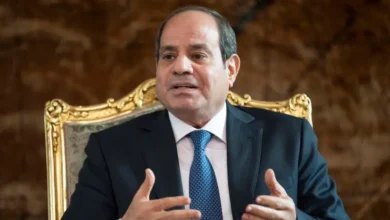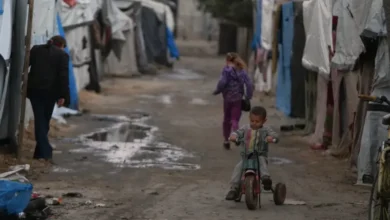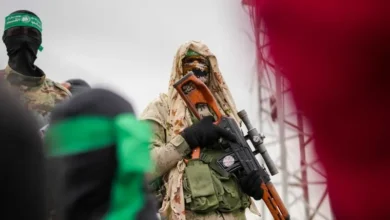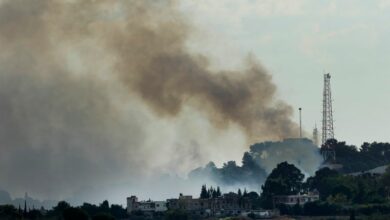Dollarization sweeps over Lebanon dragging inflation below 100 pct

Lebanon’s inflation rate fell to double digits for the first time in almost four years as businesses and shops in the crisis-wracked country increasingly price their goods in dollars instead of the local pound.
Consumer prices in Lebanon rose by an annual 70.4 percent last month, compared with 123 percent in February, the state statics agency said Monday.
The rate slumped for a fifth straight month and is now near a quarter of its peak of 269 percent reached in April 2023.
Lebanon’s economy has been in crisis since around the time it defaulted on $30 billion of international bonds in 2020. The financial crash wiped out people’s life savings and the pound cratered.
The chaos has forced many companies to price products exclusively in dollars to protect their profit margins, and authorities allowed supermarkets to do the same. Now most shops, restaurants and service providers are asking customers to pay in the US currency.
The Lebanese pound has meanwhile stabilized in the black market since last summer, also contributing to slower inflation in the country.
Lebanon’s economic meltdown pushed three-quarters of the country’s population into poverty, with the pound losing more than 98 percent of its market value. While the dollarization has eased inflation, it threatens to worsen the hardship for people who are still paid in Lebanese pounds and don’t have access to foreign currency.
Other countries experiencing high inflation in recent years have also dollarized to varying degrees, including Venezuela and Zimbabwe.
In the past six months, the Israel-Hamas war and rising tensions between Israeli forces and Hezbollah have added to Lebanon’s problems. Before the conflict began in October, tourism was rebounding, bringing in much needed supplies of hard currency.
Iran-backed militant group Hezbollah has exchanged fire with Israeli troops almost daily since then. The Lebanese economy, which heavily depends on tourists, will be “negatively impacted most dramatically” if the war expands in the Middle East, International Monetary Fund Managing Director Kristalina Georgieva said.



